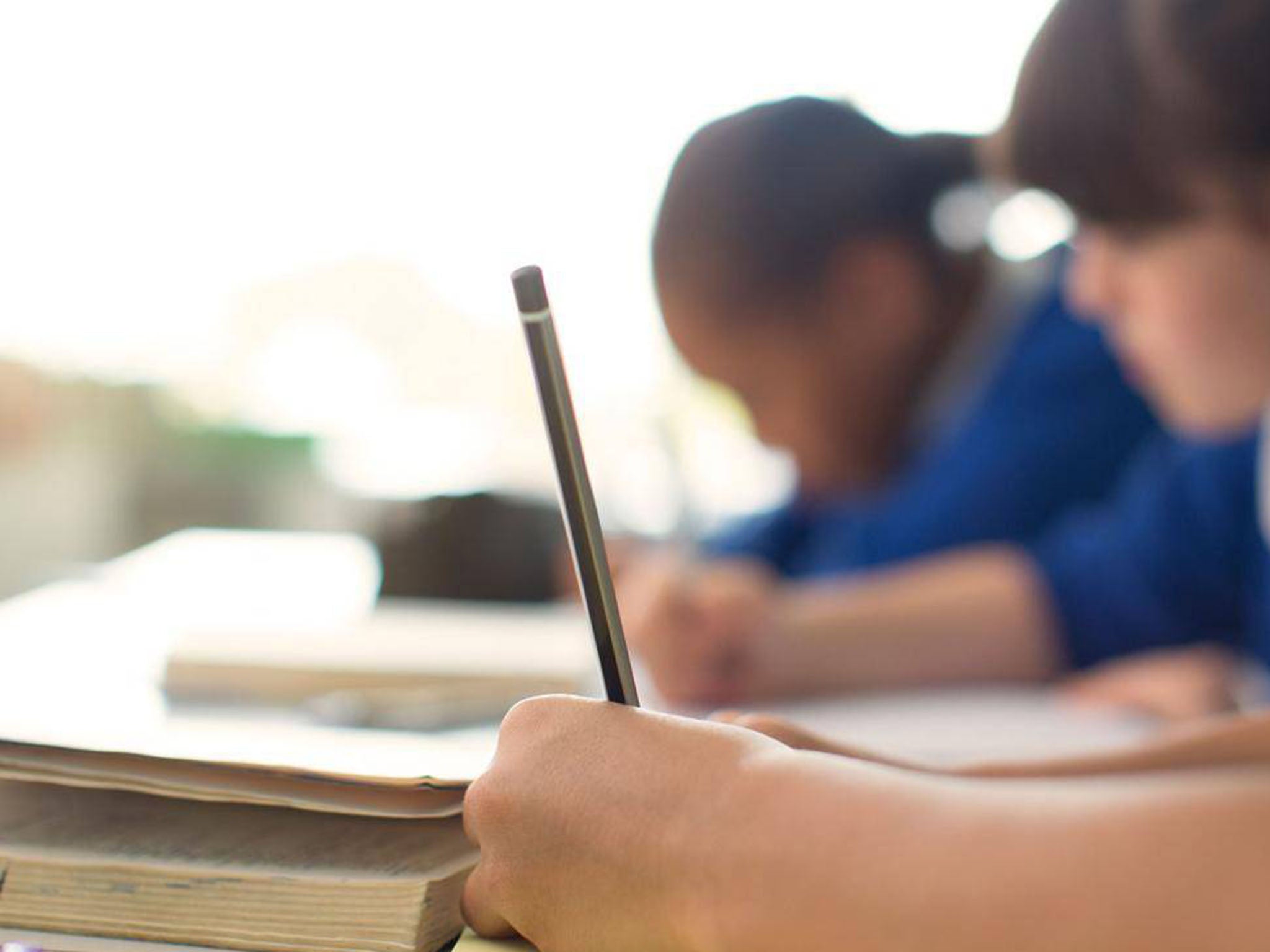Children’s grades at risk because they have narrow vocabulary, finds report
'Without enough language – a word gap – a child is seriously limited in their enjoyment of school and success beyond'

Your support helps us to tell the story
From reproductive rights to climate change to Big Tech, The Independent is on the ground when the story is developing. Whether it's investigating the financials of Elon Musk's pro-Trump PAC or producing our latest documentary, 'The A Word', which shines a light on the American women fighting for reproductive rights, we know how important it is to parse out the facts from the messaging.
At such a critical moment in US history, we need reporters on the ground. Your donation allows us to keep sending journalists to speak to both sides of the story.
The Independent is trusted by Americans across the entire political spectrum. And unlike many other quality news outlets, we choose not to lock Americans out of our reporting and analysis with paywalls. We believe quality journalism should be available to everyone, paid for by those who can afford it.
Your support makes all the difference.Almost half of five and six-year-olds are at risk underperforming academically because they have a limited vocabulary, according to a new report.
The Oxford University Press (OUP) study found also found that in the first year of secondary school, more than four in 10 students still do not know enough words to do well in school.
The majority of primary and secondary school teachers told researchers there had been a rise in the number of pupils suffering from a “word gap” that could affect their education.
Primary school teachers reported that 49 per cent of Year 1 pupils have a limited vocabulary that impacts on their learning
The secondary teachers surveyed, revealed that 43 per cent of Year 7 children, aged 11 and 12, also have limited vocabulary skills which could affect their school careers.
In total, 473 primary and 840 secondary school teachers were polled.
An increase in the number of pupils with a limited vocabulary, compared to previous years, was reported by 69 per cent of the primary teachers and 60 per cent of those in secondary school.
“Without enough language – a word gap – a child is seriously limited in their enjoyment of school and success beyond," said Jane Harley, strategy director for UK education at OUP. "Language is at the heart of education and we believe that more needs to be done to address the issue throughout school and give teachers support to make a difference to these children’s lives.”
She added: “We are calling on policy makers and all those involved in education to enter a dialogue to close this word gap. Too much is at stake for us to ignore this complex issue.”
Kate Nation, professor of experimental psychology at the University of Oxford, also warned that "low levels of vocabulary set limits on literacy, understanding, learning the curriculum and can create a downward spiral of poor language which begins to affect all aspects of life."
Geoff Barton, general secretary of the Association of School and College Leaders (ASCL), said whole school literacy remained "the final frontier in our schools".
He added: “Whole-school literacy remains … That empowerment that comes through vocabulary should be the birthright of every child, whatever their background.”
A Department for Education spokesperson said: “Too many children from disadvantaged backgrounds start school with a poorer vocabulary and language skills than their better off classmates.
“That is why we are taking action to tackle the word gap once and for all – and earlier this year we announced a £26 million network of specialist English Hubs around the country, along with a £5.7million fund to improve literacy and numeracy in early years and primary education.”
Join our commenting forum
Join thought-provoking conversations, follow other Independent readers and see their replies
Comments